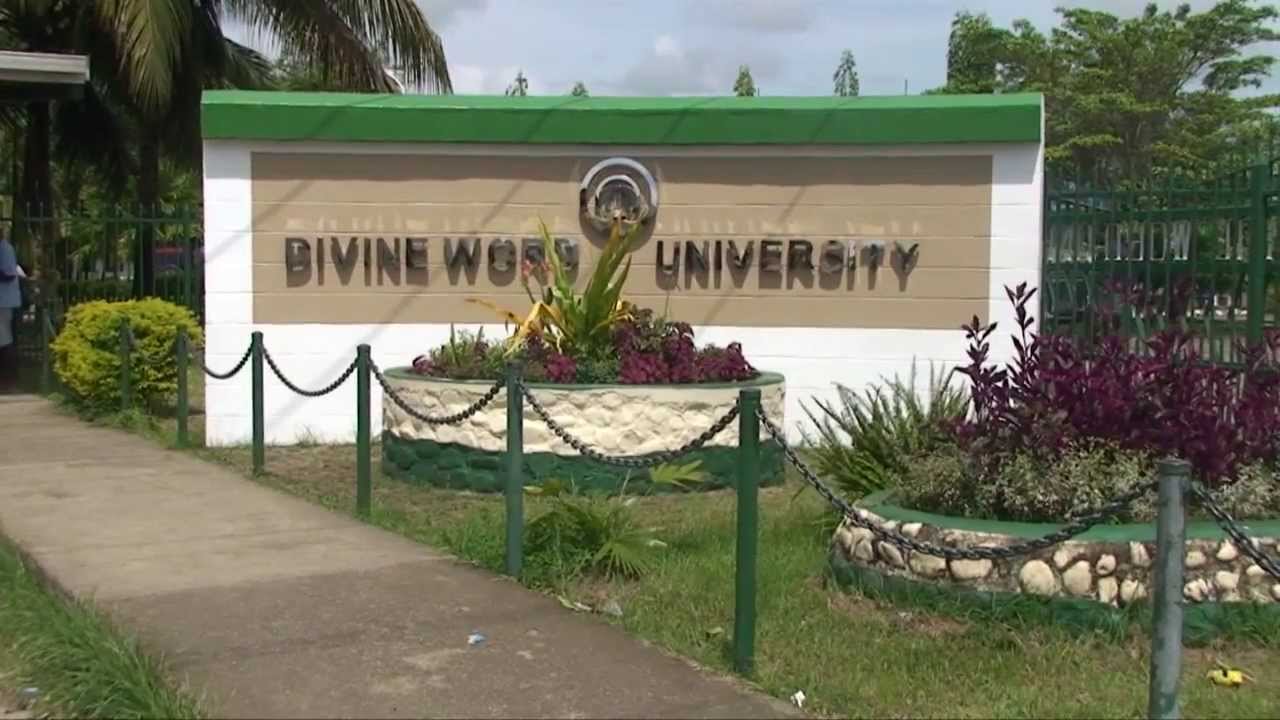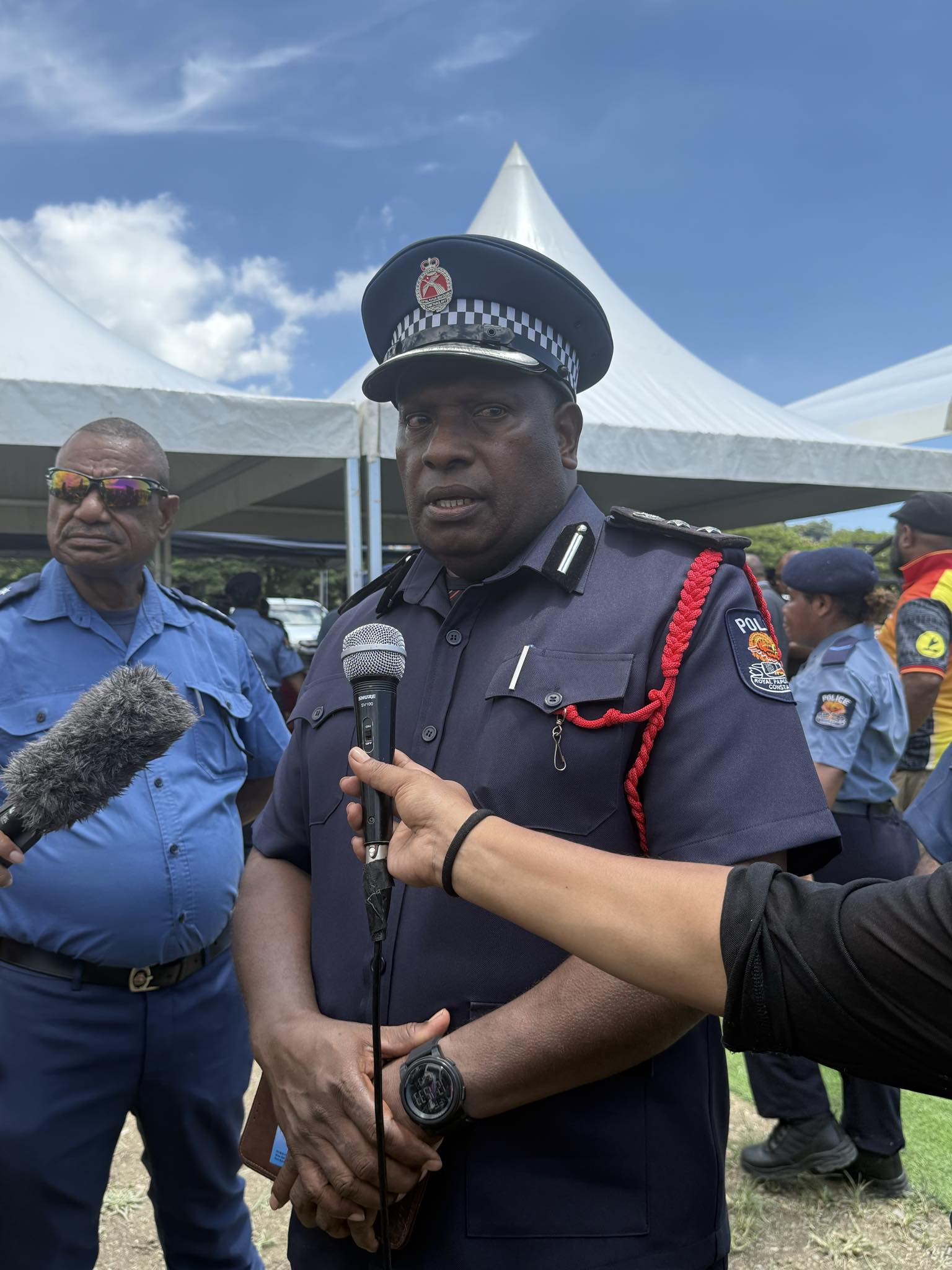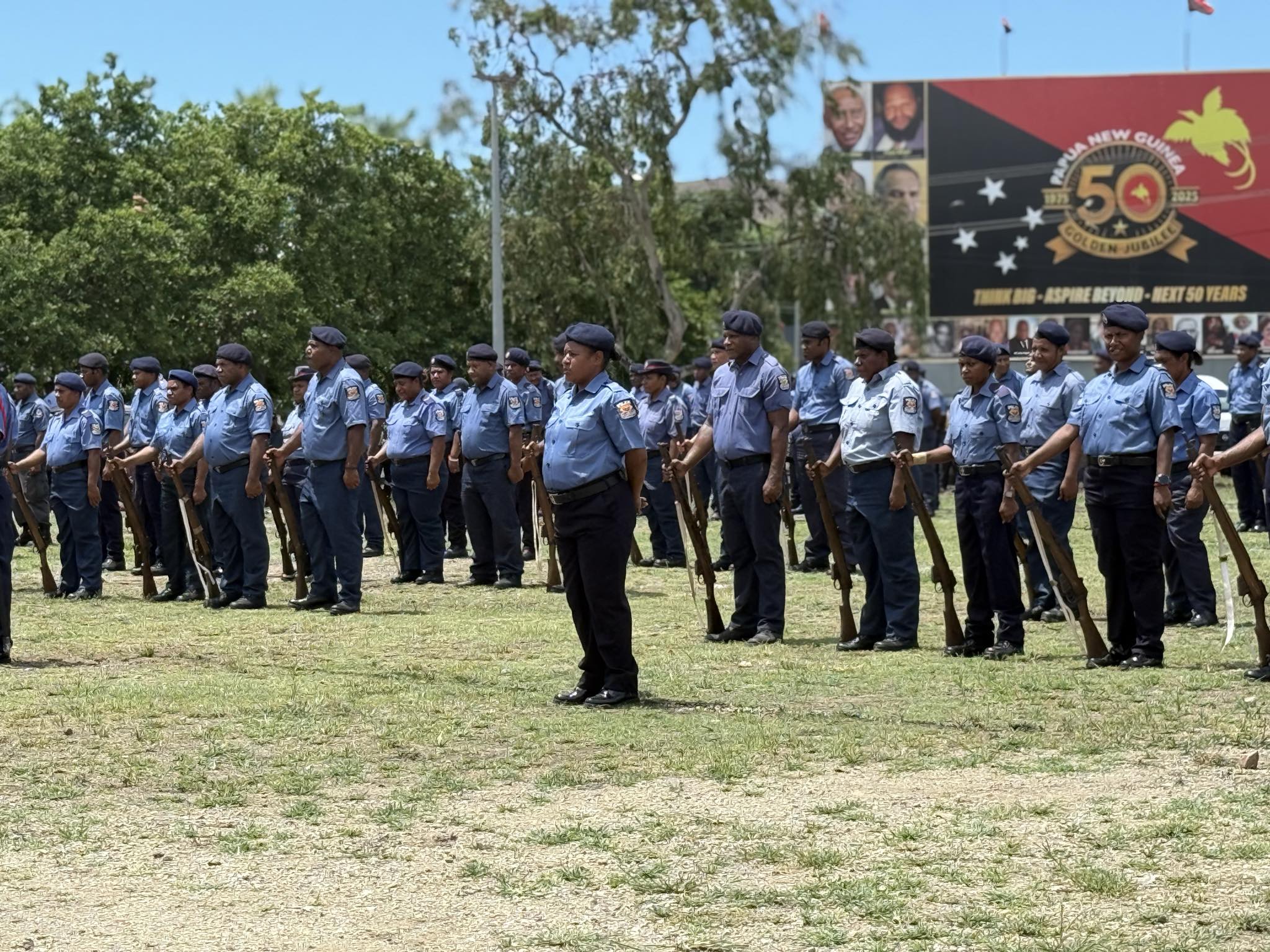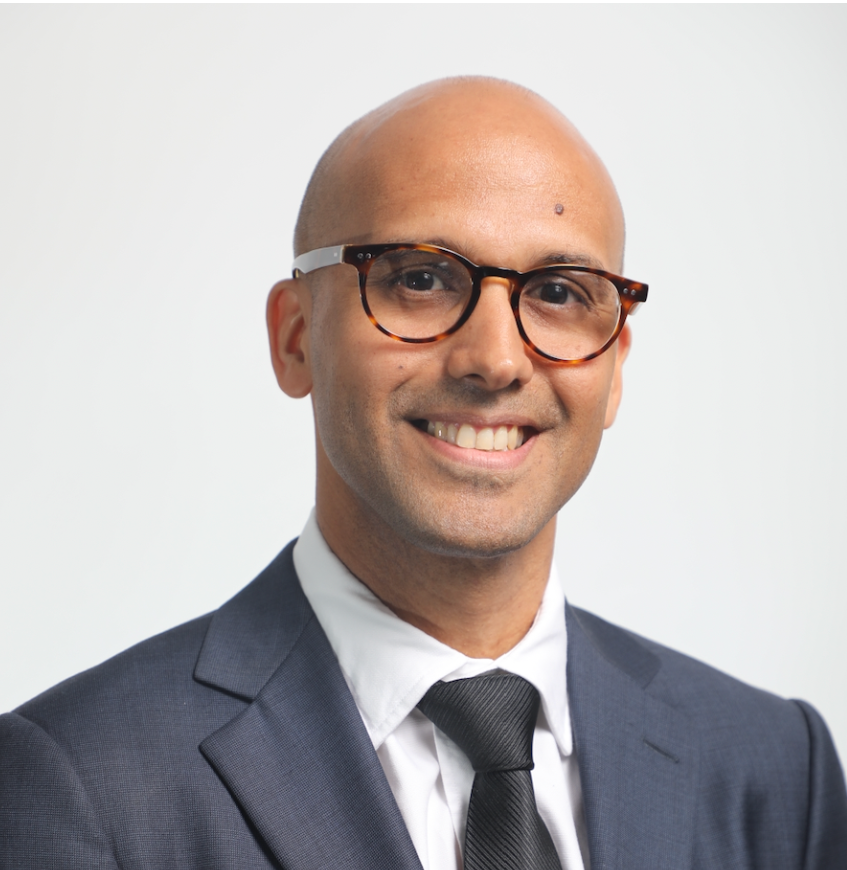The medical team at the Port Moresby General Hospital overseeing the care of the conjoined twins admitted to the neonatology unit last month has shared a difficult prognosis, stating that the infants have a very small chance of long-term survival due to significant congenital anomalies.
The announcement was made today during a press conference intended to provide the media with the most appropriate and correct information regarding the challenging case.
The twins were admitted to the unit on October 15, following an evaluation by a medical team from Angau Memorial Hospital in Morobe province.
Since then, they have been under the continuous supervision of a team comprised of anaesthetists, intensive care staff, surgeons, and paediatric surgeons.
The hospital has also engaged in multiple consultations with international counterparts.
According to Director of Medical Services, Doctor Kone Sobi, they have had a number of consultations with their counterparts in Australia.
These extensive discussions, including those with doctors from Sydney Hospital who have experience in separating conjoined twins, led to the unanimous decision on the current care plan.
Despite public concern about transferring the babies to a specialized unit overseas, the medical team has decided against it.
“The underlying thing is that both twins present with significant congenital anomalies. And we feel that even with treatment in highly specialized units, the chances of survival are very, very small.”
Based on the poor prognosis, the decision has been made for the twins to remain at the local hospital, where the team will continue to provide care “as long as it’s possible.”
The medical team acknowledged that an overseas transfer might seem like “the best thing” from a non-medical point of view, but their professional consensus dictates otherwise.
The precarious nature of the twins' condition is due to severe malformations:
- Congenital Heart Defect: One of the twins has a congenital heart defect.
- Renal Agenesis: The same twin possesses only one kidney.
- Pulmonary Issues: It is also believed that this twin has “healed or malformed lungs.”
The situation is highly fragile, as one twin appears to be compensating for the other.
“One of the twins is doing a lot of the work in terms of supplying oxygen for the heart or the other.”
“It is a precarious position for both. They both depend on each other.”
The immediate focus for the medical staff is that providing supportive care is ensuring the babies receive adequate nutrition, which is a top priority and infection control.
“Guarding against infection is critical, as an infection affecting one twin could quickly impact both.”
Dr. Sobi stressed the difficulty of the scenario, noting that it is the first time many on the team have encountered such a complex case.
They also confirmed that discussions have been held with the family, who are facing the immense emotional challenge of understanding the difficult circumstances.
While the current medical consensus suggests continued local care, he reiterated that if another hospital is willing to take the challenge anywhere around the world, the local team and the parents would be supported in pursuing those options.







